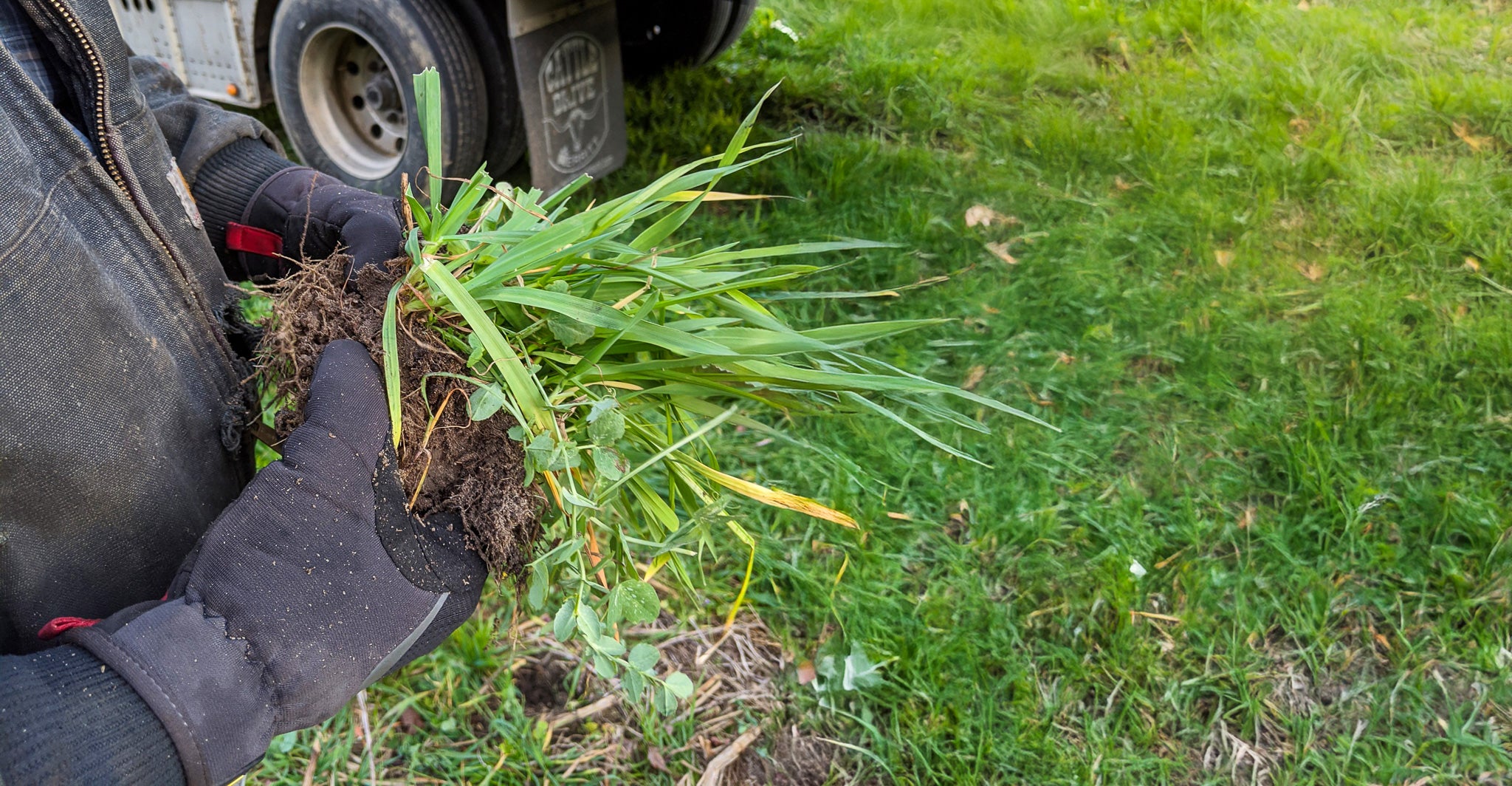
What is Regenerative Agriculture?
Soil-first farming that gives back to the Earth, leaving leand improved and rejuvenated for generations to come.
Regenerative agriculture is one of the most hopeful movements of our time.
Hickory Nut Gap practices Holistic Management, which involves planned grazing, careful observation, and frequent movement of herds. These practices allow grazing animals to positively impact the land in three vital ways:
- Managed grazing enriches the soil and feeds microbial life underground. Healthy, living soil has increased potential to sequester carbon from the atmosphere, a major win in the fight against climate change.
- Farming practices that improve soil health also improve soil capacity to hold water, reducing erosion and improving the health of streams and wetlands.
- Healthy soil harbors greater biodiversity, allowing populations of microorganisms, plants, pollinators, birds, and small mammals to thrive.
How it works
-
Rotational Grazing
Herds are moved frequently between pastures to mimic natural grazing patterns. This gives grasslands time to rest and regrow, improving soil structure and reducing erosion.
-
Building Soil Health
Manure from grazing animals naturally fertilizes the land, increasing organic matter and microbial activity. This enhances the soil's ability to absorb water, store carbon, and support plant growth.
-
Biodiversity and Cover crops
Pastures are planted with diverse grasses and legumes, which feed both the grazing animals and the soil. Native plants, wildlife, and pollinators thrive in this balanced ecosystem.
Allan Savory on Regenerative Agriculture & Reversing Climate Change
Regenerative & Humane
-
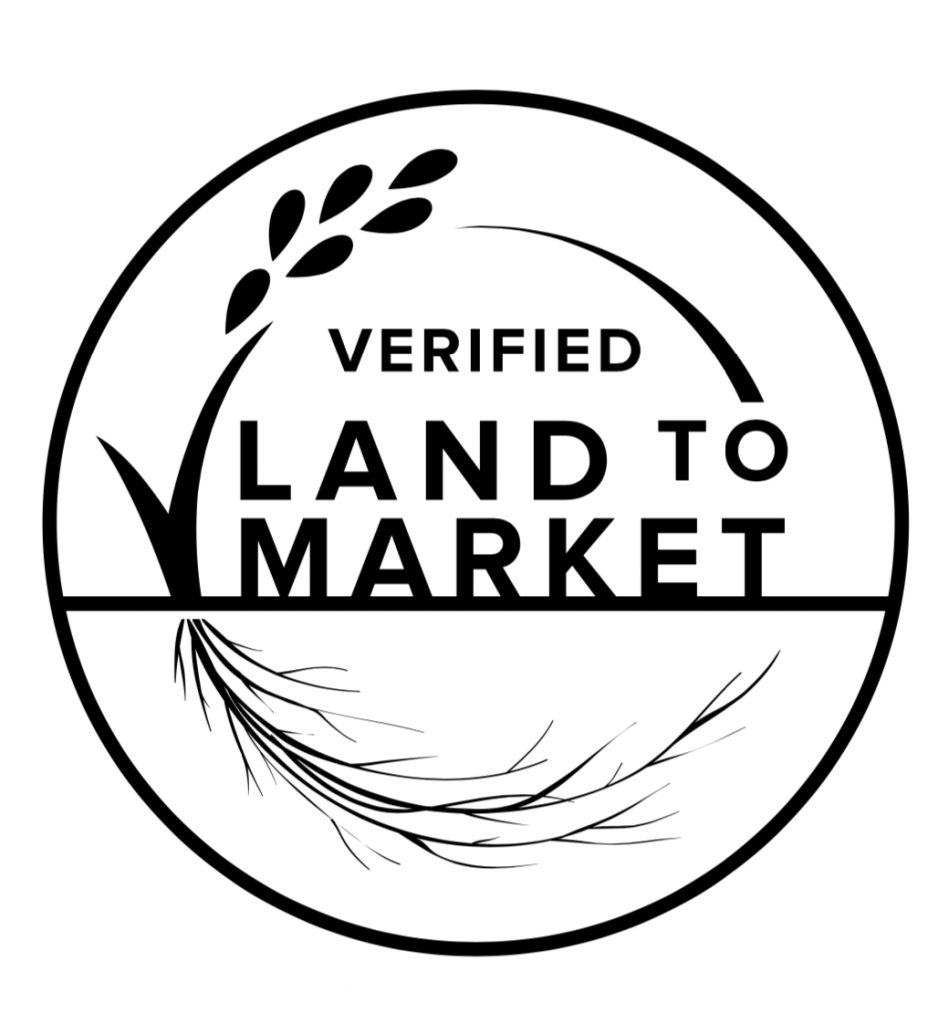
Land to Market
A certifying body affiliated with the Savory Institute, many of our regenerative farms employ EOV montitoring and are verified regenerative by the Land to Market.
-

Regenified
Hickory Nut Gap Farms may hold regenerative certifications from Regenified.
-
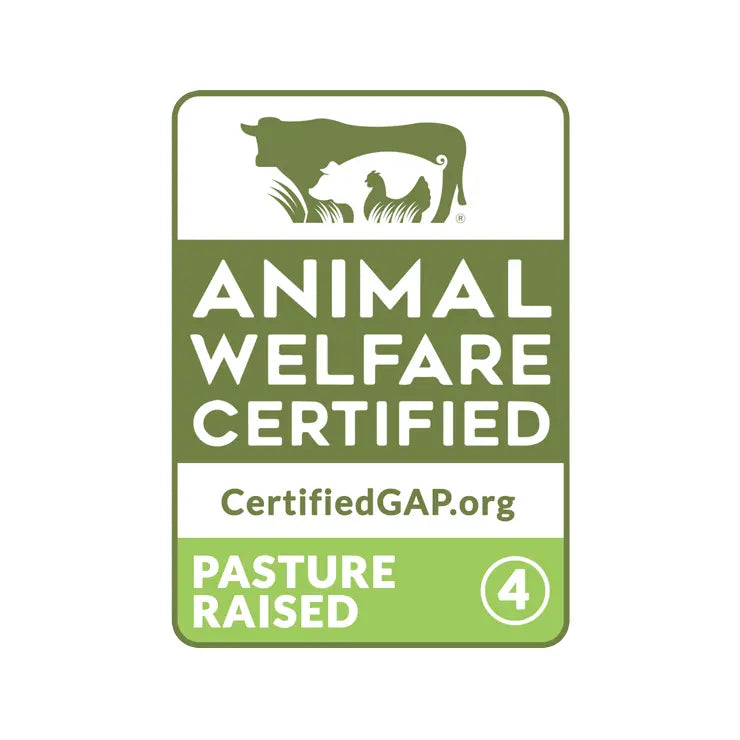
Global Animal Partnership
Our beef is GAP Step 4 certified, meaning our cattle are raised on open pasture, allowing them to graze, roam, and express natural behaviors in a low-stress, humane environment.

A Regenerative Hub
We work the Savory Institute as a Savory Hub to monitor farms in our area using an outcomes based approach called EOV (Ecological Outcome Verification). Farms implement regenerative practices, and we check the results to make sure that those practices are working.
The Gap Journal
View all-
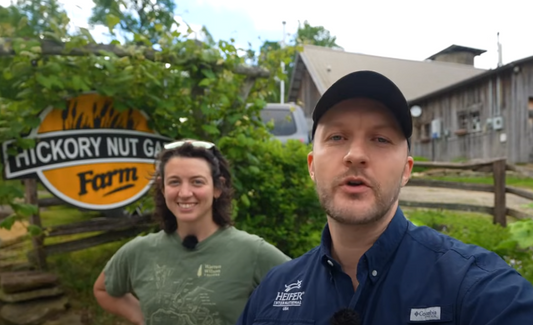
Farm Tour with Heifer USA
Hickory Nut Gap Farm welcomed the Heifer USA team for a full-access tour of our diversified, regenerative operation. Guided by our Head of Operations, Virginia Hamilton
Farm Tour with Heifer USA
Hickory Nut Gap Farm welcomed the Heifer USA team for a full-access tour of our diversified, regenerative operation. Guided by our Head of Operations, Virginia Hamilton
-
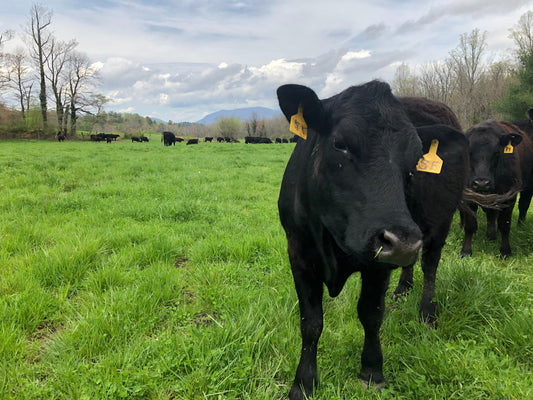
Where Are All the Cows? Hickory Nut Gap's Farme...
One of the questions we hear most often is: does all of your beef come from your farm in Fairview? The answer is no—and that’s something we’re genuinely proud of....
Where Are All the Cows? Hickory Nut Gap's Farme...
One of the questions we hear most often is: does all of your beef come from your farm in Fairview? The answer is no—and that’s something we’re genuinely proud of....
-
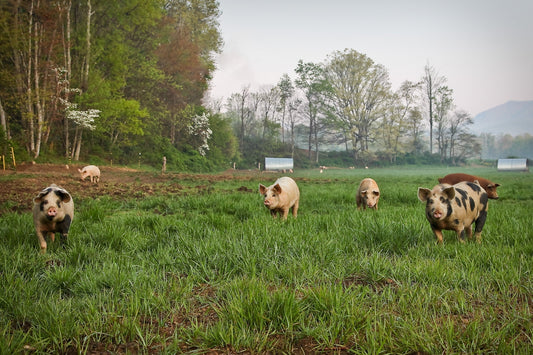
Real Benefits of Pasture Raised Pork
Choosing pasture-raised pork is an investment in a better system—one that values animal welfare, environmental stewardship, and incredible flavor.
Real Benefits of Pasture Raised Pork
Choosing pasture-raised pork is an investment in a better system—one that values animal welfare, environmental stewardship, and incredible flavor.






